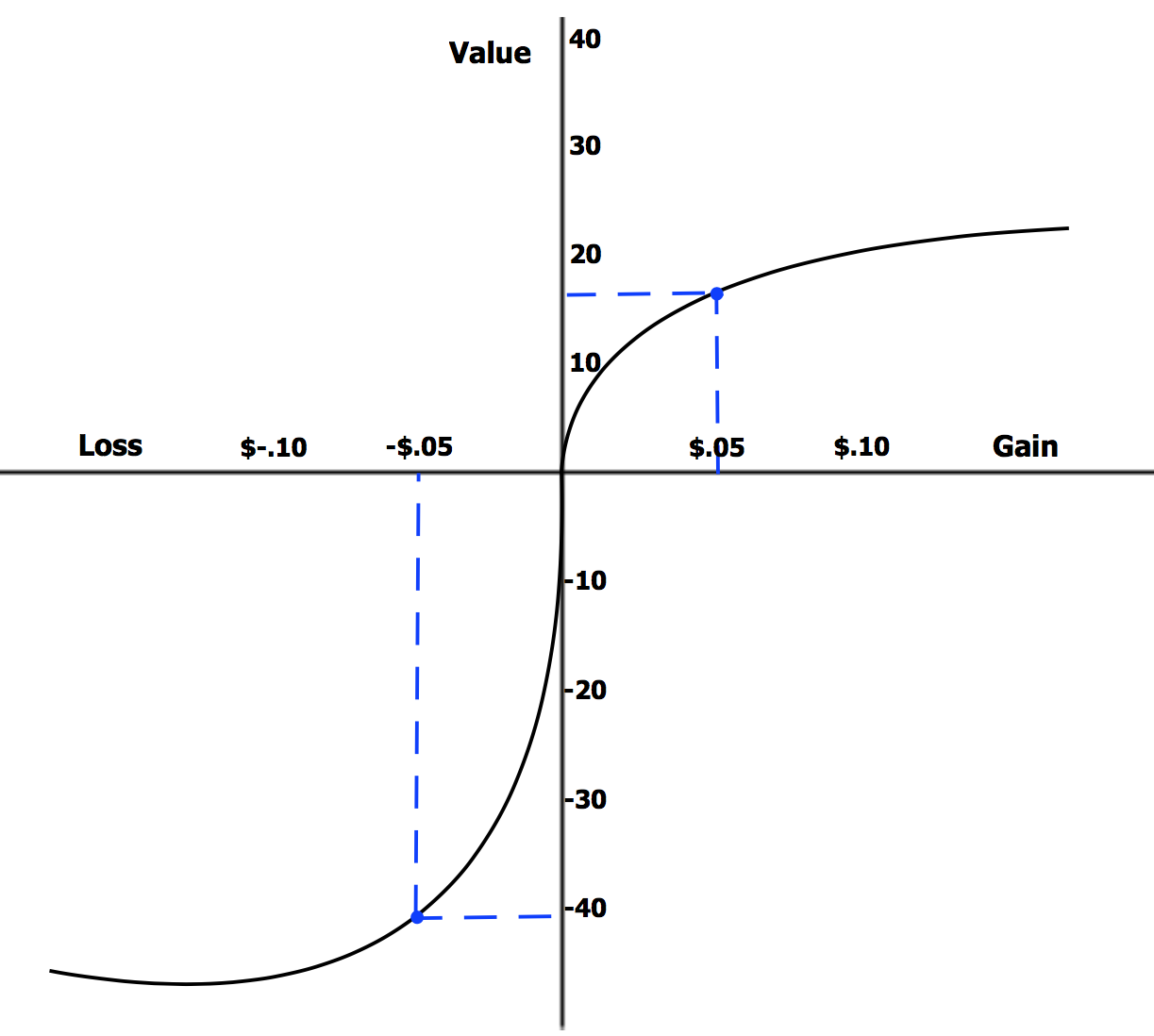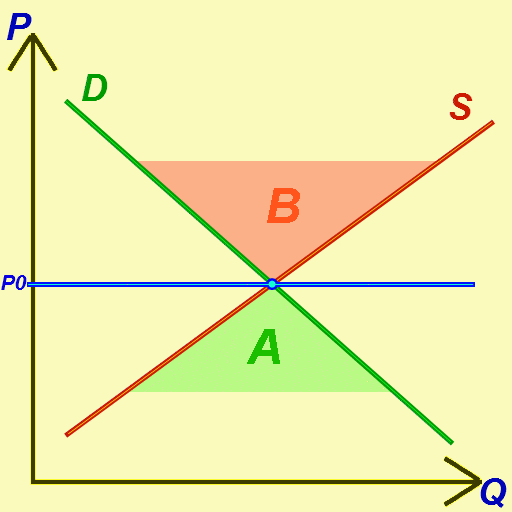|
Reservation Price
In economics, a reservation (or reserve) price is a limit on the price of a good (economics), good or a service (economics), service. On the demand side, it is the highest price that a buyer is Willingness to pay, willing to pay; on the supply (economics), supply side, it is the lowest price a seller is Willingness to accept, willing to accept for a good or service. Reservation prices are commonly used in auctions, but the concept can be extended beyond. A party's best alternative to a negotiated agreement (BATNA), is closely related to their reservation price. Once a party determines their BATNA, they can further calculate their reservation price. In negotiations surrounding the price of a particular good or service, the reservation price is a singular number. However, this is not the only situation where reservation prices are seen. When multiple issues are being discussed, such as the size of salary and amount of Employee benefits, benefits when applying for a new job position, ... [...More Info...] [...Related Items...] OR: [Wikipedia] [Google] [Baidu] |
Economics
Economics () is a behavioral science that studies the Production (economics), production, distribution (economics), distribution, and Consumption (economics), consumption of goods and services. Economics focuses on the behaviour and interactions of Agent (economics), economic agents and how economy, economies work. Microeconomics analyses what is viewed as basic elements within economy, economies, including individual agents and market (economics), markets, their interactions, and the outcomes of interactions. Individual agents may include, for example, households, firms, buyers, and sellers. Macroeconomics analyses economies as systems where production, distribution, consumption, savings, and Expenditure, investment expenditure interact; and the factors of production affecting them, such as: Labour (human activity), labour, Capital (economics), capital, Land (economics), land, and Entrepreneurship, enterprise, inflation, economic growth, and public policies that impact gloss ... [...More Info...] [...Related Items...] OR: [Wikipedia] [Google] [Baidu] |
Utility Function
In economics, utility is a measure of a certain person's satisfaction from a certain state of the world. Over time, the term has been used with at least two meanings. * In a Normative economics, normative context, utility refers to a goal or objective that we wish to maximize, i.e., an objective function. This kind of utility bears a closer resemblance to the original Utilitarianism, utilitarian concept, developed by moral philosophers such as Jeremy Bentham and John Stuart Mill. * In a Positive economics, descriptive context, the term refers to an ''apparent'' objective function; such a function is Revealed preference, revealed by a person's behavior, and specifically by their preferences over Lottery (decision theory), lotteries, which can be any quantified choice. The relationship between these two kinds of utility functions has been a source of controversy among both Economics, economists and Ethics, ethicists, with most maintaining that the two are distinct but generally re ... [...More Info...] [...Related Items...] OR: [Wikipedia] [Google] [Baidu] |
No-reserve Auction
A no-reserve auction (NR), also known as an absolute auction, is an auction An auction is usually a process of Trade, buying and selling Good (economics), goods or Service (economics), services by offering them up for Bidding, bids, taking bids, and then selling the item to the highest bidder or buying the item from th ... in which the item for sale will be sold regardless of price. From the seller's perspective, advertising an auction as having no reserve price can be desirable (but risky) because it potentially attracts a greater number of bidders due to the possibility of a bargain. If more bidders attend the auction, a higher price might ultimately be achieved because of heightened competition from bidders. This contrasts with a ''reserve auction'', where the item for sale may not be sold if the final bid is not high enough to satisfy the seller. In practice, an auction advertised as "absolute" or "no-reserve" may nonetheless still not sell to the highest bidder on the day ... [...More Info...] [...Related Items...] OR: [Wikipedia] [Google] [Baidu] |
Prospect Theory
Prospect theory is a theory of behavioral economics, judgment and decision making that was developed by Daniel Kahneman and Amos Tversky in 1979. The theory was cited in the decision to award Kahneman the 2002 Nobel Memorial Prize in Economics. Based on results from controlled studies, it describes how individuals assess their loss and gain perspectives in an asymmetric manner (see loss aversion). For example, for some individuals, the pain from losing $1,000 could only be compensated by the pleasure of earning $2,000. Thus, contrary to the expected utility theory (which models the decision that perfectly rational agents would make), prospect theory aims to describe the actual behavior of people. In the original formulation of the theory, the term ''prospect'' referred to the predictable results of a lottery. However, prospect theory can also be applied to the prediction of other forms of behaviors and decisions. Prospect theory challenges the expected utility theory deve ... [...More Info...] [...Related Items...] OR: [Wikipedia] [Google] [Baidu] |
Mathematics Of Operations Research
''Mathematics of Operations Research'' is a quarterly peer-reviewed scientific journal established in February 1976. It focuses on areas of mathematics relevant to the field of operations research such as continuous optimization, discrete optimization, game theory, machine learning, simulation methodology, and stochastic models. The journal is published by INFORMS (Institute for Operations Research and the Management Sciences). the journal has a 2017 impact factor of 1.078. History The journal was established in 1976. The founding editor-in-chief was Arthur F. Veinott Jr. (Stanford University). He served until 1980, when the position was taken over by Stephen M. Robinson, who held the position until 1986. Erhan Cinlar served from 1987 to 1992, and was followed by Jan Karel Lenstra (1993-1998). Next was Gérard Cornuéjols (1999-2003) and Nimrod Megiddo (2004-2009). Finally came Uri Rothblum (2009-2012), Jim Dai (2012-2018), and the current editor-in-chief Katya Scheinberg (20 ... [...More Info...] [...Related Items...] OR: [Wikipedia] [Google] [Baidu] |
Roger Myerson
Roger Bruce Myerson (born March 29, 1951) is an American economist and professor at the University of Chicago. He holds the title of the David L. Pearson Distinguished Service Professor of Global Conflict Studies at The Pearson Institute for the Study and Resolution of Global Conflicts in the Harris School of Public Policy Studies, Harris School of Public Policy, the Griffin Department of Economics, and the College of the University of Chicago. Previously, he held the title The Glen A. Lloyd Distinguished Service Professor of Economics. In 2007, he was the winner of the Sveriges Riksbank Prize in Economic Sciences in Memory of Alfred Nobel with Leonid Hurwicz and Eric Maskin for "having laid the foundations of mechanism design theory". He was elected a Member of the American Philosophical Society in 2019. Biography Roger Myerson was born in 1951 in Boston into a Jews, Jewish family. He attended Harvard University, where he received his Bachelor of Arts, A.B., ''summa cum laude'', ... [...More Info...] [...Related Items...] OR: [Wikipedia] [Google] [Baidu] |
Myerson Roger Print
Myerson is a surname. Notable people with the surname include: * Abraham Myerson (1881–1948), American neurologist, psychiatrist, clinician, pathologist, and researcher *Adam Myerson (born 1972), American professional bicycle racer *Bess Myerson (1924–2014), former Miss America and TV personality, only Jewish Miss America * Jonathan Myerson (born 1960), British dramatist, writing principally for television and radio, spouse of Julie Myerson * Julie Myerson (born 1960), English author and critic, spouse of Jonathan Myerson *Roger Myerson (born 1951), American economist and Nobel prize winner 2007 * Terry Myerson (born 1972 or 1973), software engineer, Microsoft Execeutive Vice President See also * Meyerson * Myerson's sign, an early symptom of Parkinson's disease *Myerson–Satterthwaite theorem The Myerson–Satterthwaite theorem is an important result in mechanism design and the economics of asymmetric information, and named for Roger Myerson and Mark Satterthwaite. Informa ... [...More Info...] [...Related Items...] OR: [Wikipedia] [Google] [Baidu] |
Complete Information
In economics and game theory, complete information is an economic situation or game in which knowledge about other market participants or players is available to all participants. The utility functions (including risk aversion), payoffs, strategies and "types" of players are thus common knowledge. Complete information is the concept that each player in the game is aware of the sequence, strategies, and payoffs throughout gameplay. Given this information, the players have the ability to plan accordingly based on the information to maximize their own strategies and utility at the end of the game. A typical example is the prisoner's dilemma. Inversely, in a game with incomplete information, players do not possess full information about their opponents. Some players possess private information, a fact that the others should take into account when forming expectations about how those players will behave. A typical example is an auction: each player knows their own utility function (valua ... [...More Info...] [...Related Items...] OR: [Wikipedia] [Google] [Baidu] |
Price Discrimination
Price discrimination (differential pricing, equity pricing, preferential pricing, dual pricing, tiered pricing, and surveillance pricing) is a Microeconomics, microeconomic Pricing strategies, pricing strategy where identical or largely similar goods or services are sold at different Price, prices by the same provider to different buyers based on which Market segmentation, market segment they are perceived to be part of. Price discrimination is distinguished from product differentiation by the difference in production cost for the differently priced products involved in the latter strategy. Price discrimination essentially relies on the variation in customers' willingness to pay and in the Demand elasticity, elasticity of their demand. For price discrimination to succeed, a seller must have market power, such as a dominant market share, product uniqueness, sole pricing power, etc. Some prices under price discrimination may be lower than the price charged by a single-price monopoli ... [...More Info...] [...Related Items...] OR: [Wikipedia] [Google] [Baidu] |
Equilibrium Price
In economics, economic equilibrium is a situation in which the economic forces of supply and demand are balanced, meaning that economic variables will no longer change. Market equilibrium in this case is a condition where a market price is established through competition such that the amount of goods or services sought by buyers is equal to the amount of goods or services produced by sellers. This price is often called the competitive price or market clearing price and will tend not to change unless demand or supply changes, and quantity is called the "competitive quantity" or market clearing quantity. Understanding economic equilibrium An economic equilibrium is a situation when the economic agent cannot change the situation by adopting any strategy. The concept has been borrowed from the physical sciences. Take a system where physical forces are balanced for instance.This economically interpreted means no further change ensues. Properties of equilibrium Three basic properti ... [...More Info...] [...Related Items...] OR: [Wikipedia] [Google] [Baidu] |
Producer Surplus
In mainstream economics, economic surplus, also known as total welfare or total social welfare or Marshallian surplus (after Alfred Marshall), is either of two related quantities: * Consumer surplus, or consumers' surplus, is the monetary gain obtained by consumers because they are able to purchase a product for a price that is less than the highest price that they would be willing to pay. * Producer surplus, or producers' surplus, is the amount that producers benefit by selling at a market price that is higher than the least that they would be willing to sell for; this is roughly equal to profit (since producers are not normally willing to sell at a loss and are normally indifferent to selling at a break-even price). The sum of consumer and producer surplus is sometimes known as social surplus or total surplus; a decrease in that total from inefficiencies is called deadweight loss. Overview In the mid-19th century, engineer Jules Dupuit first propounded the concept of ec ... [...More Info...] [...Related Items...] OR: [Wikipedia] [Google] [Baidu] |





